Brain Cancer What is Brain Cancer?
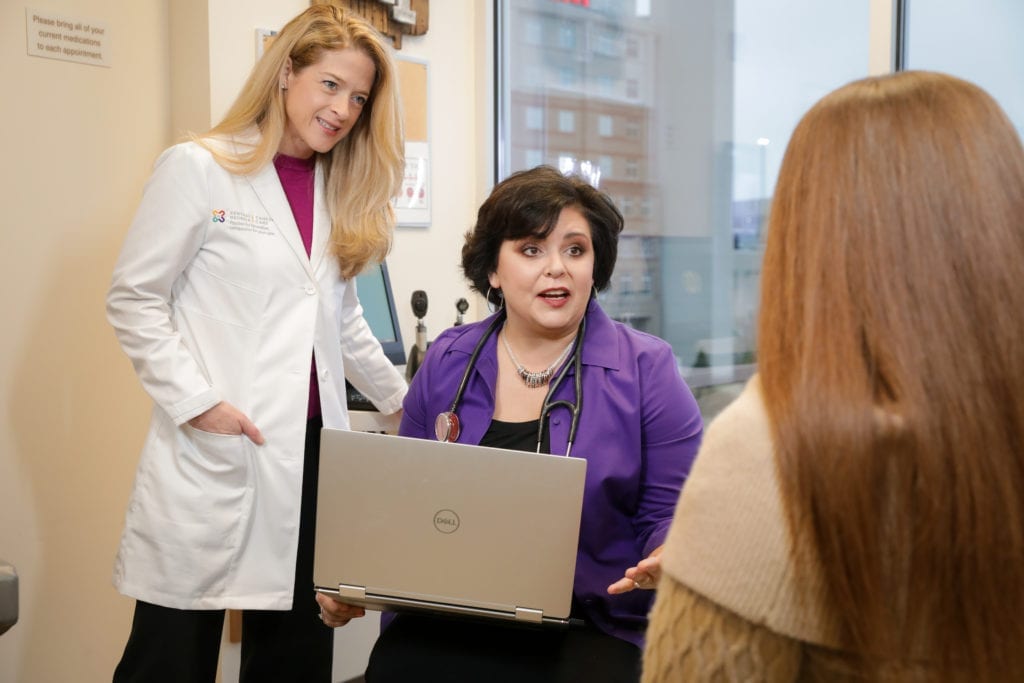
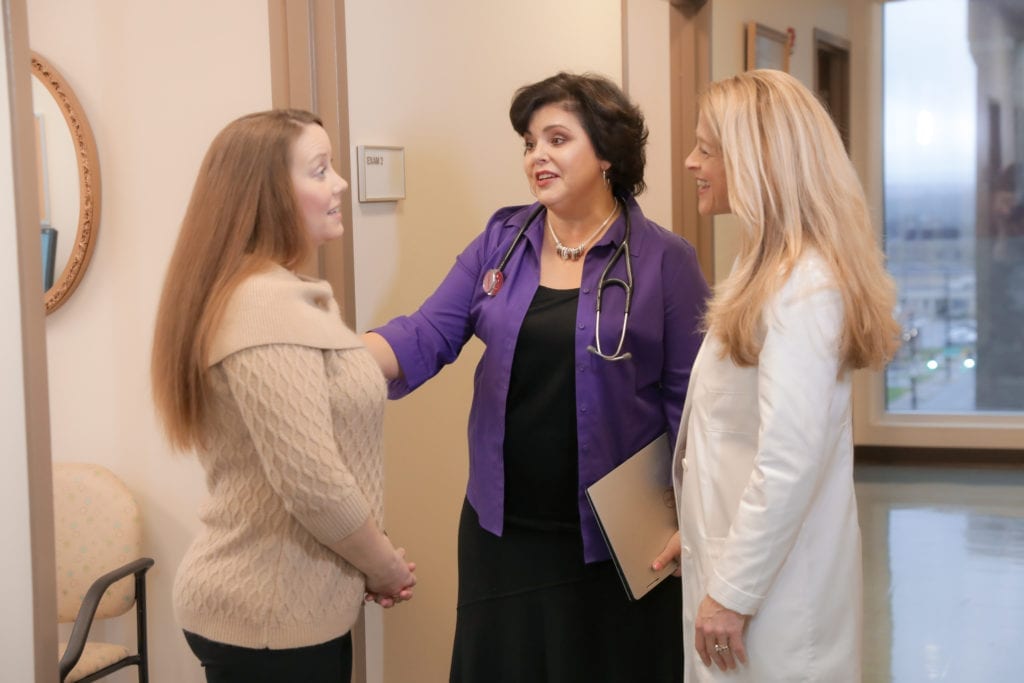
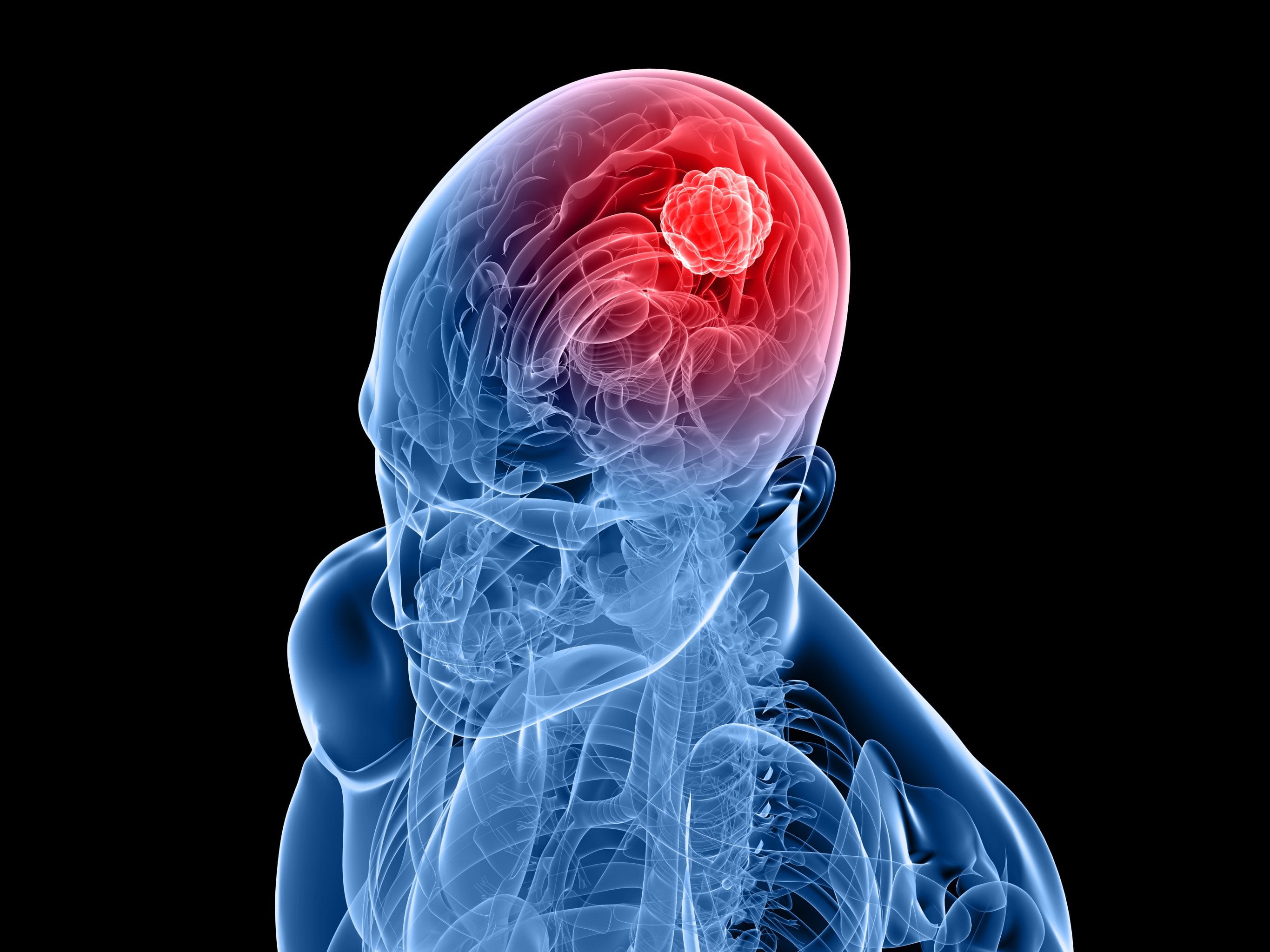
What is Brain Cancer?
Brain tumors (also known as brain cancer) are caused by cells in the brain growing out of control. As the number of cells grow, they form into a tumor.
Symptoms of Brain Cancer
The very early stages of brain tumors may not cause any symptoms. As the tumor grows, it can produce a variety of symptoms, depending on its location and what areas of the brain it is putting pressure on, including:
- Headache
- Nausea
- Vomiting
- Loss of appetite
- Seizures
- Memory loss
- Weakness
- Difficulty walking/balance problems
- Visual changes
- Problems with speech and language
- Personality changes
- Thought processing problems.
Because the brain controls so many different functions, the symptoms caused by brain tumors can be extremely variable. Many of these symptoms are non-specific, meaning they could be caused by many conditions; however, your doctor needs to see you if you have any of these problems. Headache is the most common symptom for patients with brain tumors, occurring in about 50% of cases.
Types of Brain Cancer Primary & Secondary Brain Tumors
A “primary” brain tumor begins in the brain. “Secondary” or “metastatic” brain tumors spread from cancer in another part of the body to the brain.
Brain Metastases
Brain metastases are more common than primary brain tumors.
Primary Brain Tumor
A primary brain tumor is described as low grade or high grade. A low-grade tumor generally grows slowly but can turn into a high-grade tumor. A high-grade tumor is more likely to grow faster.
What Doctors Look For
Factors that help doctors plan the best treatment and determine a patient’s prognosis include the location and grade of the tumor, among others.
Optimized Care
Central Georgia Cancer Care doctors work very closely with other cancer specialists, including neurosurgeons and radiation oncologists to pinpoint diagnoses and to optimize health outcomes for brain cancer patients.
Glioblastoma Multiforme
About 80% of malignant primary brain tumors arise from the glial cells of the brain (in the lining of the brain) and are called gliomas. Most of these tumors are the most aggressive type, called glioblastoma multiforme (or GBM).
Meningiomas
The membrane that surrounds the brain can also develop tumors, and these are known as meningiomas.
Ependymomas
There are other types of tumors, which involve structures of the brain including ependymomas.
Challenges
One of the factors which makes brain cancer unique is that sometimes benign tumors can be as challenging to treat as a malignant tumor, depending on the size and location within the brain. This is because the brain is locked into place by the skull and can’t move if a tumor is growing near it.
Second opinion Understanding Your Condition with a Second Opinion
Getting a second opinion means asking another physician to review all your medical reports and test results, give an opinion about your diagnosis and how it should be treated. CGCC is often asked for second opinions about a patient’s cancer diagnosis.
Second Opinion?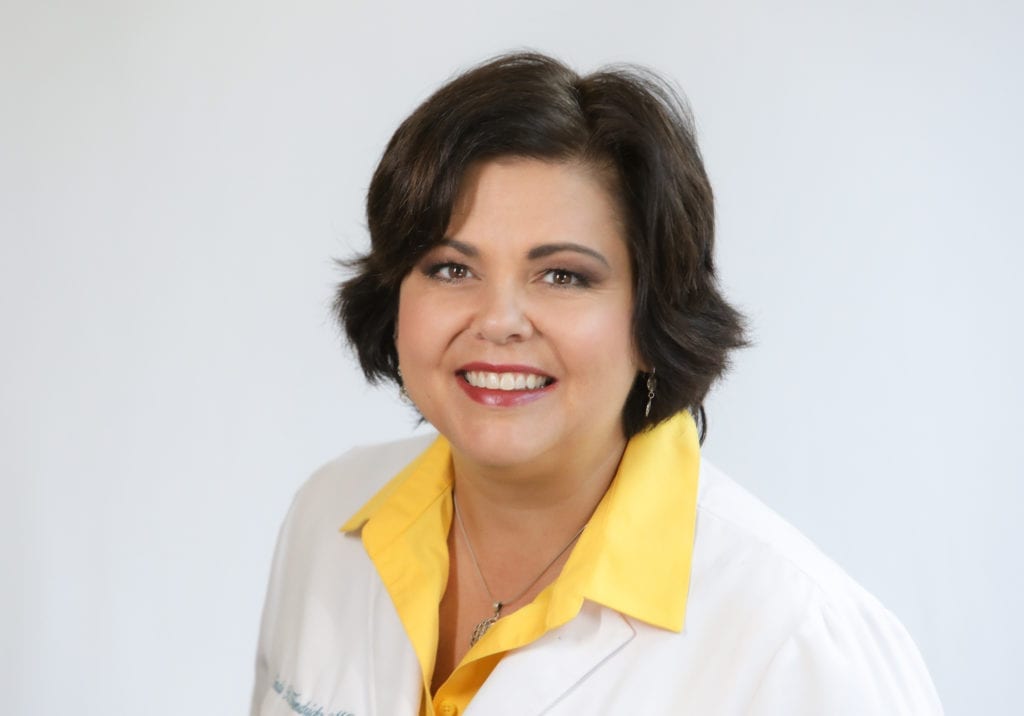
“The signs and symptoms of a brain tumor vary greatly and depend on the brain tumor’s size, location, and rate of growth. Some brain tumors are very aggressive, growing quickly and invasively, while others are slow to progress. New treatment technologies and therapies continue to unfold, even for fast-growing tumors like glioblastoma.”
Linda K. Hendricks, M.D.
Questions Questions For Your Doctor
As your partners for health, CGCC wants to help you make informed decisions about your health care. Please feel free to ask any questions you may have, even those beyond the list that follows. It may also be helpful to bring someone along to your appointments to take notes.
- What type of brain tumor do I have? Is it cancerous?
- Can you explain my pathology report (laboratory test results) to me?
- What grade is the brain tumor? What does this mean?
- Would you explain my treatment options?
- What clinical trials are available for me? Where are they located, and how do I find out more about them?
- What treatment plan do you recommend? Why?
- What is the goal of each treatment? Is it to eliminate the tumor, help me feel better, or both?
- Who will be part of my treatment team, and what does each member do?
- How will this treatment affect my daily life? Will I be able to work, exercise, and perform my usual activities?
- What level of caregiving will I need during treatment and recovery?
- Will this treatment affect my ability to become pregnant or have children?
- What long-term side effects may be associated with my treatment?
- If I’m worried about managing the costs of cancer care, who can help me?
- If I have a question or problem, who should I call?
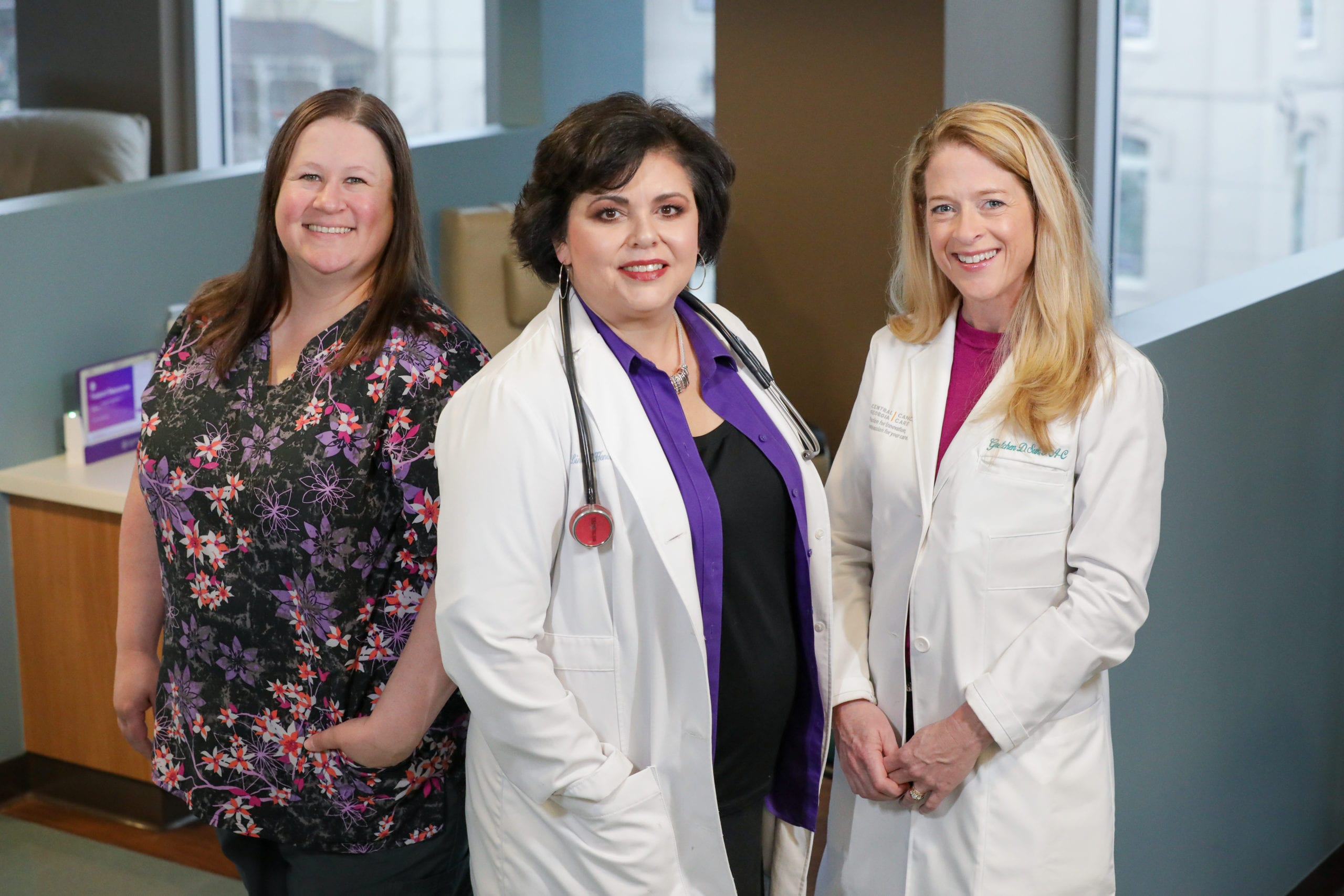
“Super smart and compassionate. Dr. Hendricks is awesome and super sweet!” – Corey

